My sql string is off just a little bit and I need help to get it exactly right. I have tried a number of strings with no luck. I've tried most of the examples in this thread, with no luck. Concerning the sql, here is a screenshot of what it looks like with just the results:

I want it to only display the value for the most recent DateTime for PRecipeRunning and ERecipeRunning.
I have setup a SQLFiddle here, with the schema and the grab everything code.
[Edit, split my two parter into two separate questions. Here is the sql question and I will do another for the visual studio part of it.]